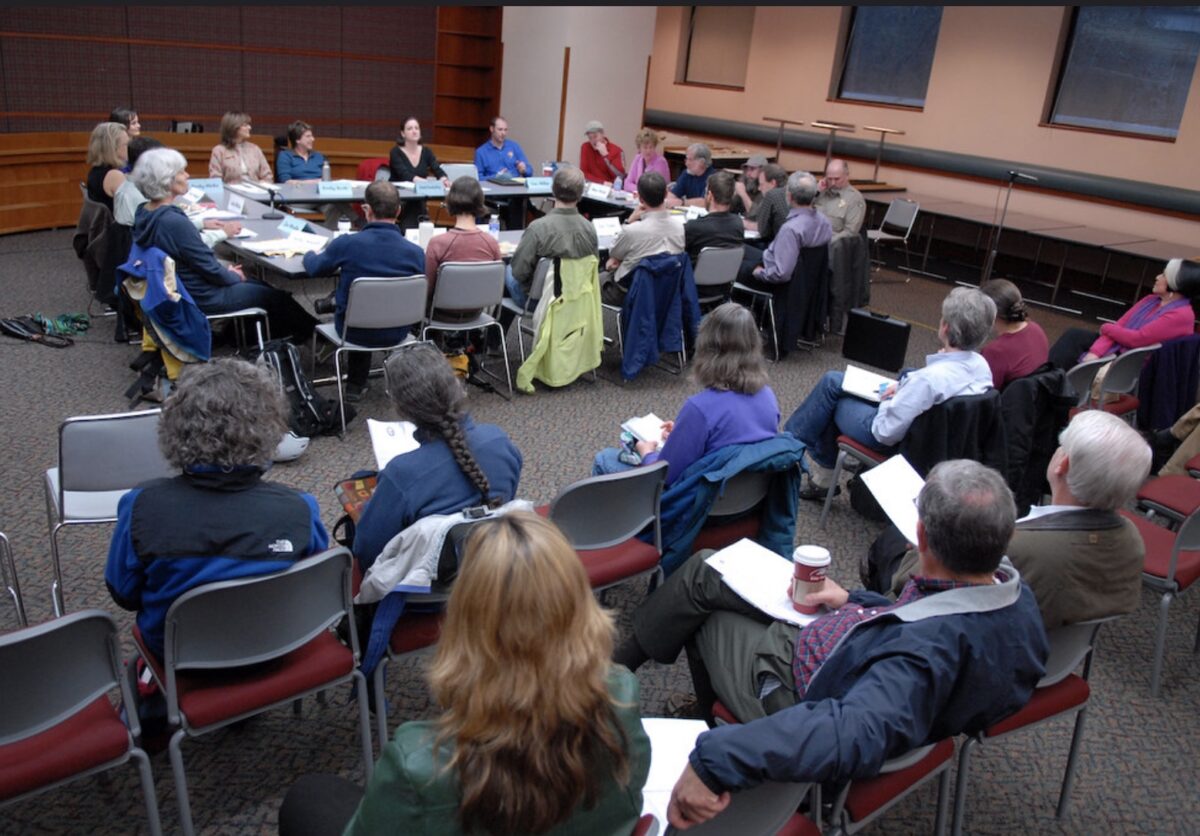
(Photo: Jonathan Maus/BikePortland)
“Use committees as an opportunity to work on the inside, with an outside lens.”
— Vivian Satterfield, Verde
Our state and region are awash in transportation-related committees. Advisory groups, working groups, commissions, advisory committees — you name it, we’ve got it. There are probably over 100 committees between the Oregon Department of Transportation, Metro, City of Portland and Multnomah County alone.
A panel at this morning’s Oregon Active Transportation Summit (hosted by The Street Trust) took a closer look at committees with an eye toward redistributing power.
The conversation was moderated by Maria Sipin, a former ODOT employee who has a long career in community organizing in the public health and transportation fields and now works with the nonprofit Safe Routes National Partnership. As someone born in the Philippines, she expressed frustration with being asked to sit on various government committees, “as a token member to satisfy checkboxes” or being part of ones that, “are just some symbolic assembly of people that might not have a whole lot of power in the end.”
To delve more into these issues, Sipin brought together two young community organizers who sit on a lot of committees, as well as a more veteran leader in the transportation space.
Advertisement
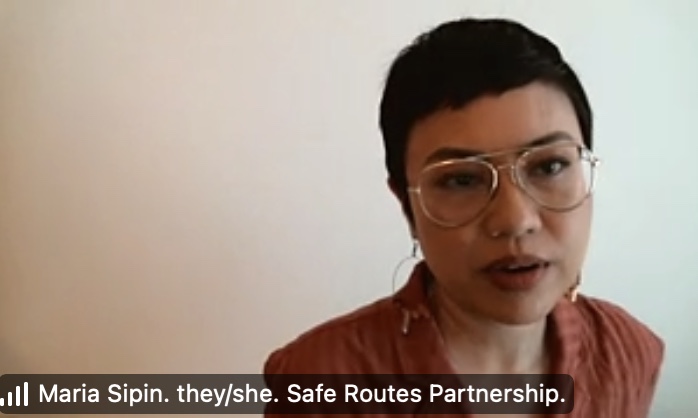
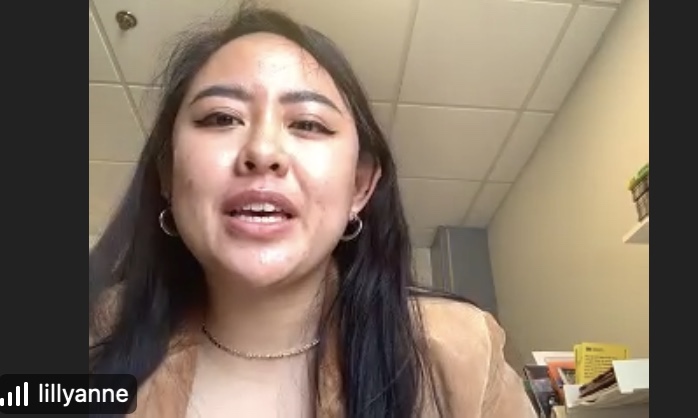
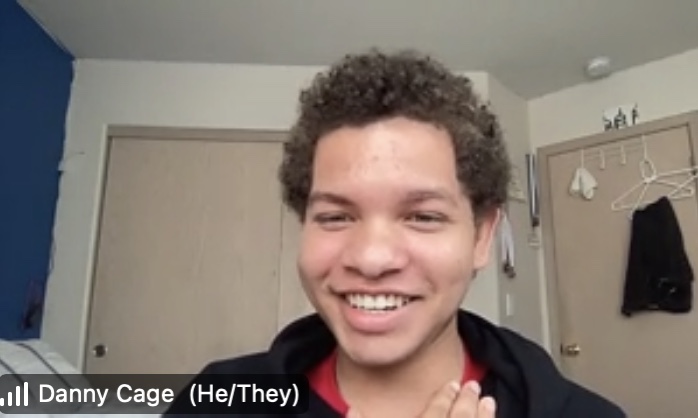
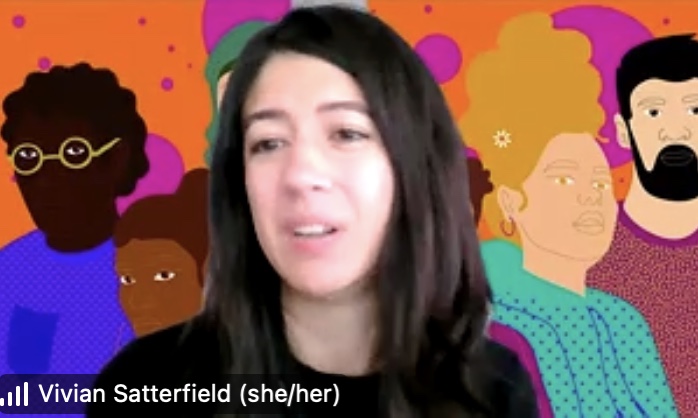
Lillyanne Pham, 24, has sat on many PBOT and ODOT committees over the years and currently works with Historic Parkrose, a neighborhood prosperity initiative. She came up with a dozen questions (below) she wishes every government staffer would consider before they create a new committee. The questions ranged from technical things like whether or not they can pay for members’ time to more existential questions like, “Why do we need [blank] committee?”
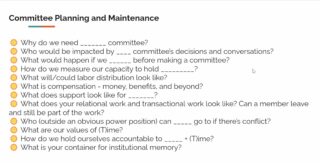
Vivian Satterfield with community development nonprofit Verde NW, has a decade of experience in Portland working on environmental and transportation justice issues and was recently featured in a New York Times article. One of the big lessons she’s learned about how to get the most out of time served on committees is to see them as an, “opportunity to work on the inside with an outside lens.” “Don’t be too navel gazing and focused on only what the committee’s goals may be, because it must serve a larger purpose.”
Advertisement
Asked what government and agency staff could do to make committees work bretter, Danny Cage, a young organizer who came up through the Sunrise PDX and counts as his most recent victory the Portland Public Schools Climate Policy he helped shepherd into existence, said he was a bit intimidated by all the “fancy words” he heard at first. “I did not know what at ‘FTE’ or a foundation even was two years ago.” “There are a lot of times people are too afraid to ask what something means. I am not afraid to constantly stop and be like, ‘Can you explain this? What does this mean? Give me the large picture of what we’re talking about’.”
Hosting events in the community, hosting meetings at more accessible times and places, and partnering with younger people in culturally specific communities were just some of the advice from panelists on what could make committees better.
And Satterfield had perhaps the most important takeaway for any agency staffers listening in: “Not everything has to be a committee.”


